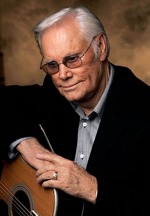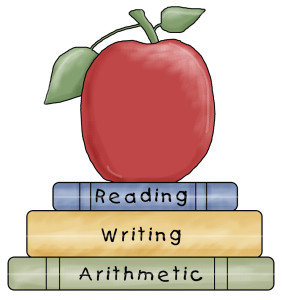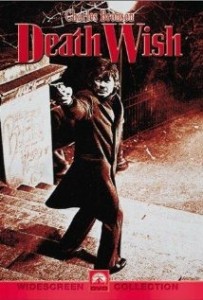By Joe Moore
What’s wrong with the word said? Why is it that some writers, particularly new ones, feel that “said” is so boring they are compelled to find new ways to tag dialog? I think that said may be the best word ever invented. What other word can be used in any story with no adverse effects on the plot or characters? What other word is as transparent, invisible and nondestructive as said?
So if all that’s true, why do so many authors need to look elsewhere for a better word? It’s like a man married to the most beautiful woman in the world but decides to stray and cheat. Said is already the best choice; why go looking anywhere else? And in my opinion, straying from said too often will make the writing look amateurish.
So when an unfaithful author strays from a perfectly happy relationship with said, where do they go? They go to: exclaimed, murmured, screamed, whispered, pleaded, shrieked, demanded, ordered, cried, shouted, and my all-time favorite, muttered. If the dialog is so weak that the writer has to re-explain what emotions or motivations are being conveyed, there may be more serious problems lurking.
“Stop or I’ll shoot!” the officer commanded. Really? Does anyone doubt that “Stop or I’ll shoot” is not a command? Is it necessary for the author to assume that the reader is that dumb? In this case, no dialog tag is even needed. The officer raised his Glock. “Stop or I’ll shoot.”
Then there are the extreme dialog tags, the ones in which humans speak like animals. Here’s a fact: snakes don’t talk nor do dogs or lions or bears. I don’t believe that human speech should be tagged with the sounds animals make.
“I’m going to kill you,” he hissed. No he didn’t. First, it’s physically impossible. Second, it’s melodramatic. And it makes the character look silly. In a serious, dramatic moment, it can stop the reader cold and kick them right out of the story. If a writer wants to compare a character to a snake or dog, that’s fine. But humans don’t talk like snakes because snakes can’t talk. Don’t believe me? Try saying ANYTHING while hissing. Are people staring at you?
Then there’s the laughing and crying dialog tags. “I will defeat you,” he laughed. “I hate you,” she cried. No they didn’t. But here’s what could have happened: His laughter bellowed throughout the room. “I will defeat you.” Between sobs, she shook her clenched fist at him. “I hate you.” Wow, suddenly they don’t sound like carnival freaks.
Finally, there are the dreaded adverb tags. “I’ll get you if it’s the last thing I do,” he said angrily. “Thank you so much,” she said gratefully. If the character’s words are already filled with anger or gratitude, the writer doesn’t need to double-explain it. The reader gets it. Don’t insult their intelligence.
Remember, your characters’ power is in their words, not in how you tag them. If needed, said will do just fine. Or better yet, don’t use a dialog tag.









